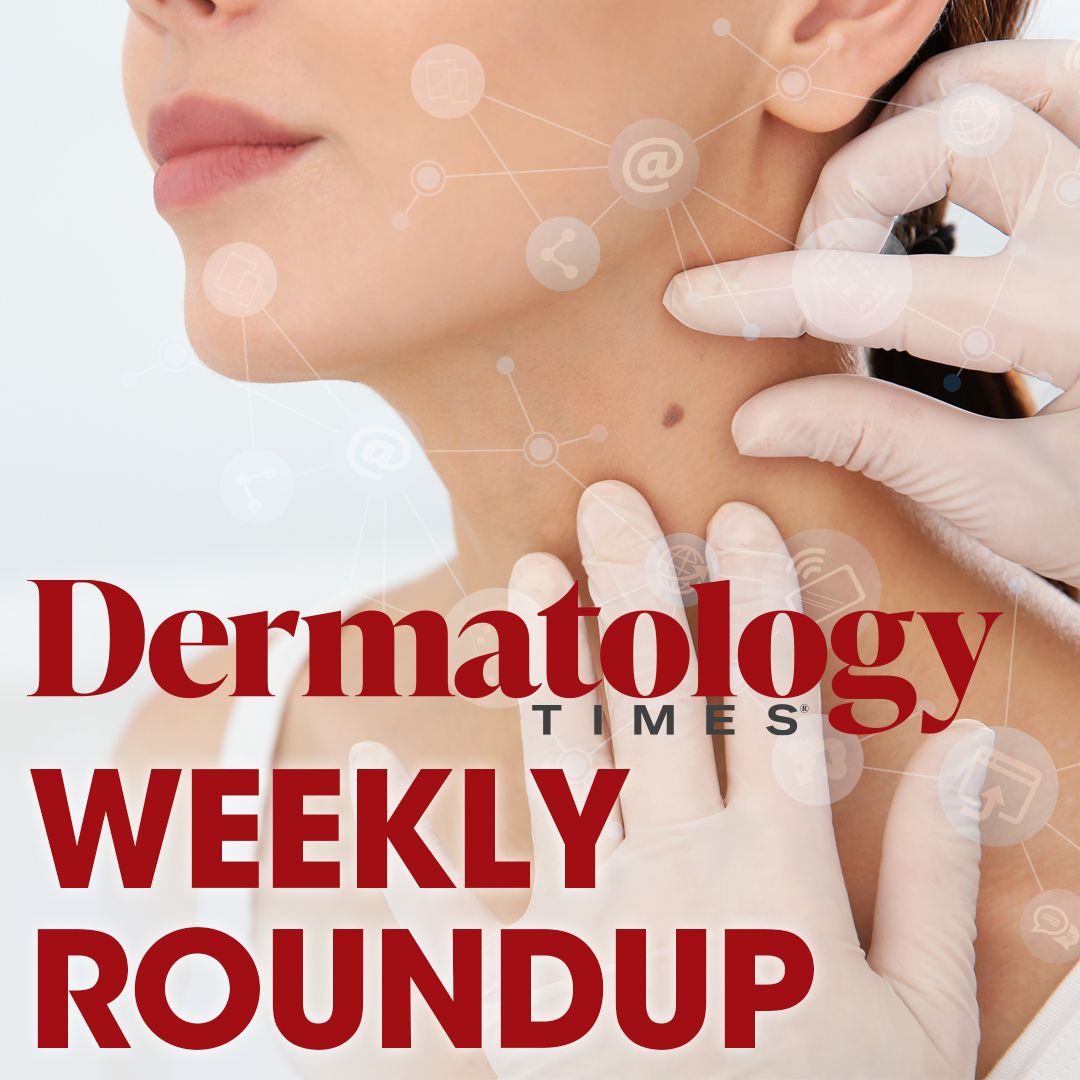- Case-Based Roundtable
- General Dermatology
- Eczema
- Chronic Hand Eczema
- Alopecia
- Aesthetics
- Vitiligo
- COVID-19
- Actinic Keratosis
- Precision Medicine and Biologics
- Rare Disease
- Wound Care
- Rosacea
- Psoriasis
- Psoriatic Arthritis
- Atopic Dermatitis
- Melasma
- NP and PA
- Skin Cancer
- Hidradenitis Suppurativa
- Drug Watch
- Pigmentary Disorders
- Acne
- Pediatric Dermatology
- Practice Management
- Prurigo Nodularis
- Buy-and-Bill
Article
Data will demonstrate surgery safety
At one time in the not-too-distant past of our specialty, the prevalence of sexually transmitted diseases (STDs) was so high ... that our national organization's name was changed to reflect the training and expertise that dermatologists had in treating STDs.

For example, at one time in the not-too-distant past of our specialty, the prevalence of sexually transmitted diseases (STDs) - especially syphilis, with its myriad cutaneous manifestations - was so high that our national organization's name was changed to reflect the training and expertise that dermatologists had in treating STDs. When the development of antibiotics reduced the incidence of some STDs, the name of our leading society was changed back to the American Academy of Dermatology (AAD). Since that time, there have been no other changes in our organization's name, even though there have been several failed attempts recently to make an inclusion in the name of the AAD to reflect the growing training, expertise and importance of surgery to our specialty.
A derm by any other name...
As a result, dermatology has become a true medical-surgical specialty. This is not to overlook the importance of dermatologists who have special interests and training in dermatopathology, oncology, pediatric dermatology, mycology, disorders of pigmentation or keratinization, autoimmune disorders, infectious diseases and contact dermatitis, to name but a few.
As a fellowship-trained dermatologic surgeon myself, however, the question I'd like to ask is, how good are we? With the rapid growth in the number of surgical procedures that were performed in an outpatient setting, including physicians' offices - 25 percent in 2002 and nearly 50 percent in 2005 - it is an important question to answer.
There are many reasons for this growth: the high cost of performing procedures in the hospital setting; the difficulty for some specialties, including dermatology, in obtaining hospital privileges; less inconvenience for the patients; better patient familiarity with the office-based staff; and improved efficiency. However, concerns have been raised in state legislatures and by boards of medicine about the safety of patients having surgery in an ambulatory setting, and it has become a "white hat" issue in many venues. Unlike in hospitals, where privileging requirements - often discriminatory against dermatologists - can restrict who is allowed to perform certain surgical procedures, in the office setting, only the physician's malpractice insurance carrier and perhaps our patients' medical insurance companies determine who is qualified to perform (and get paid for) some surgical procedures.
Safe surgeries, but...
While many believe, as do I, that office-based surgery is safe, given the nature of the procedure and the training of the physician performing it, there is only limited proof to back up that opinion.
A recent published study confirmed the fact that office-based surgery is indeed safe and that a demonstrable problem does not exist with patient safety. Furthermore, many of the suggestions that have been previously proposed as ways to improve patient safety, including mandatory hospital privileges, mandatory transfer agreements, use of only accredited facilities and even board certification do not appear, in fact, to influence the potential for an adverse event from occurring in an ambulatory surgery setting.
So, while that may make us feel good about the quality of the surgical services we provide our patients, we must search for other ways to convincingly prove that point to our potential patients and our competitors in other specialties. Since there are no federal and few state requirements for reporting adverse events during office-based surgeries, it is difficult to thoroughly investigate this issue throughout the United States.
Prove it to nonbelievers
The only way, I believe, this can be done is to develop a comprehensive and standardized national system of mandatory reporting of adverse events for all office-based procedures.





